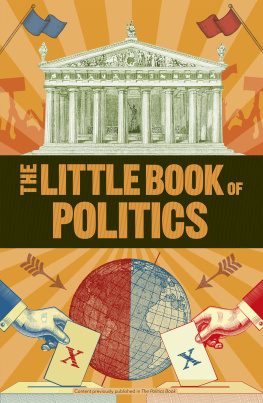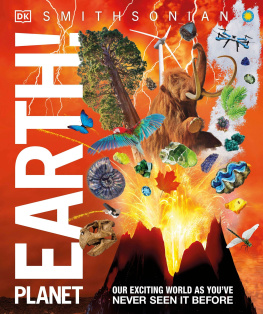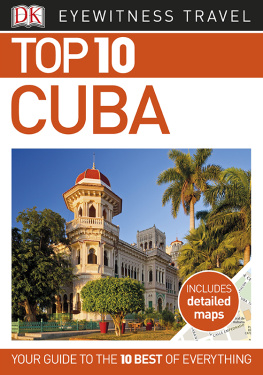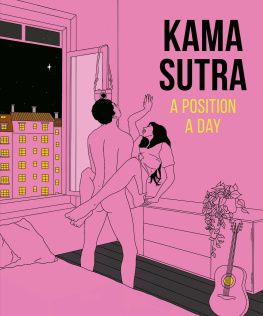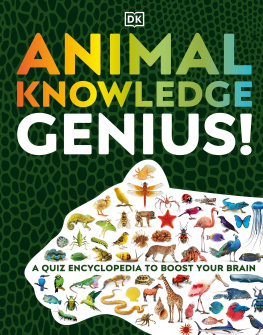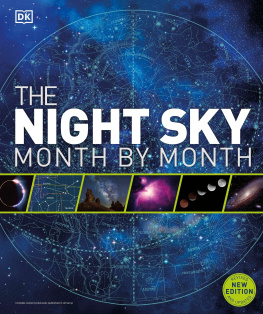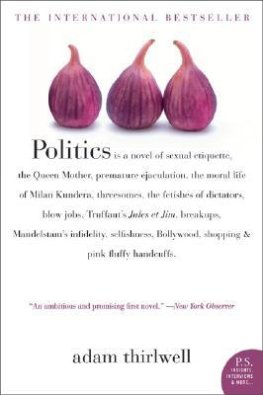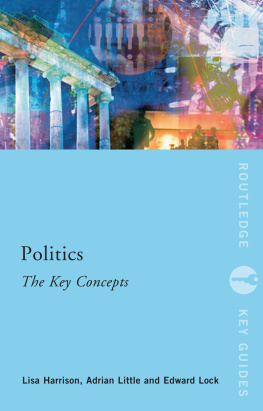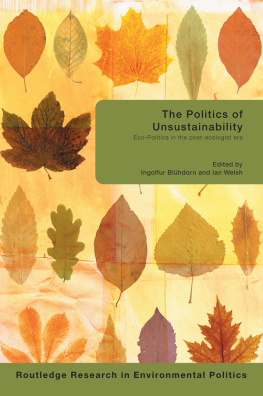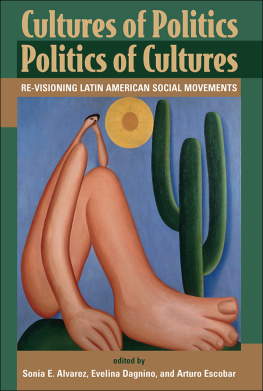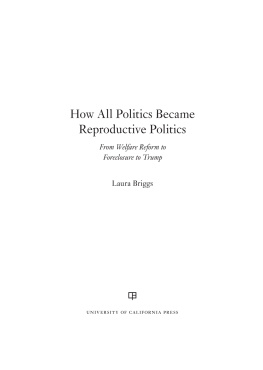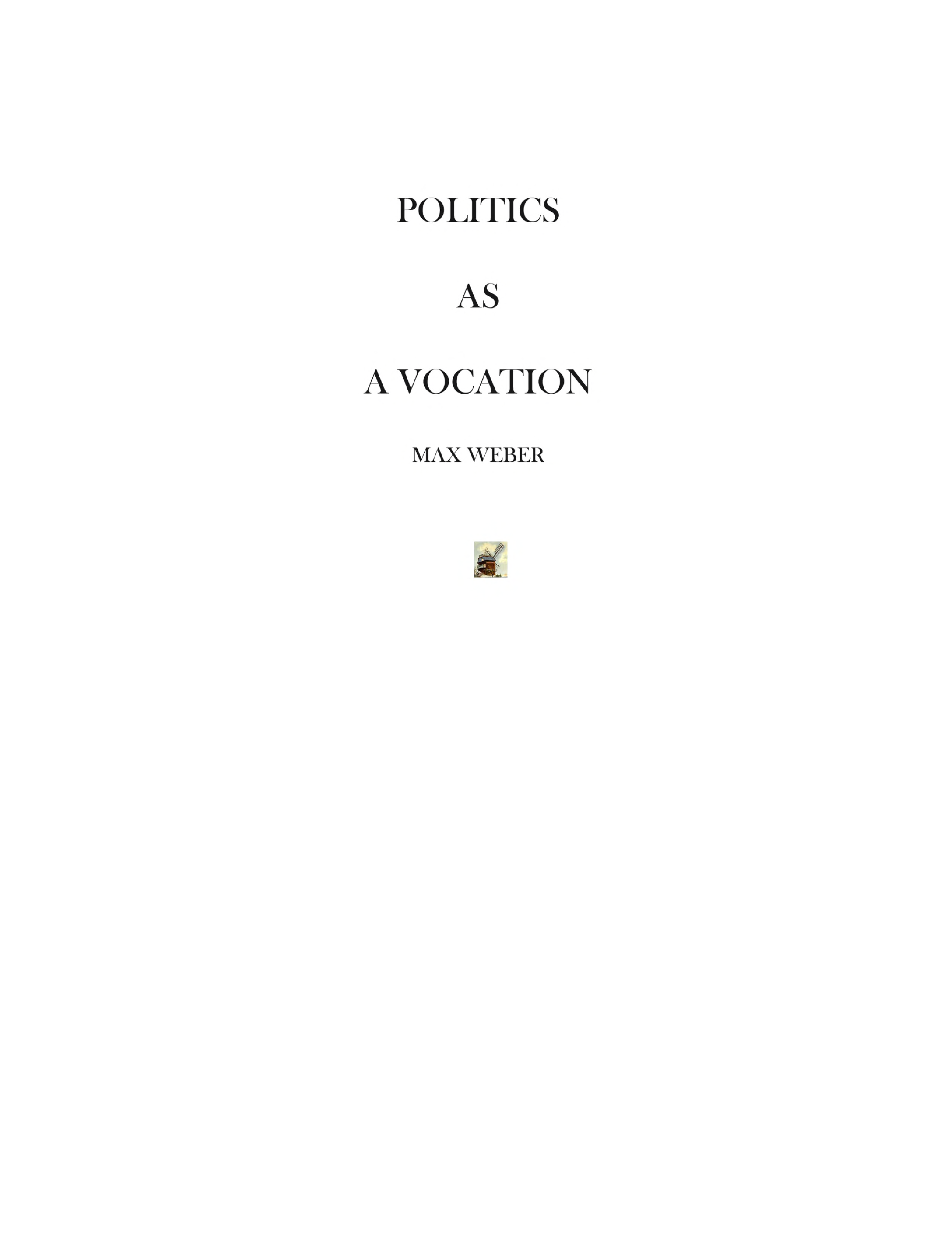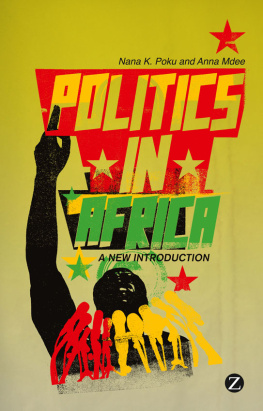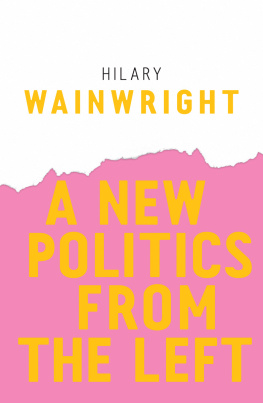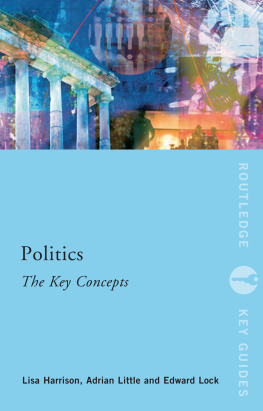DK - The Little Book of Politics
Here you can read online DK - The Little Book of Politics full text of the book (entire story) in english for free. Download pdf and epub, get meaning, cover and reviews about this ebook. year: 2020, publisher: DK Publishing, genre: Politics. Description of the work, (preface) as well as reviews are available. Best literature library LitArk.com created for fans of good reading and offers a wide selection of genres:
Romance novel
Science fiction
Adventure
Detective
Science
History
Home and family
Prose
Art
Politics
Computer
Non-fiction
Religion
Business
Children
Humor
Choose a favorite category and find really read worthwhile books. Enjoy immersion in the world of imagination, feel the emotions of the characters or learn something new for yourself, make an fascinating discovery.
The Little Book of Politics: summary, description and annotation
We offer to read an annotation, description, summary or preface (depends on what the author of the book "The Little Book of Politics" wrote himself). If you haven't found the necessary information about the book — write in the comments, we will try to find it.
DK: author's other books
Who wrote The Little Book of Politics? Find out the surname, the name of the author of the book and a list of all author's works by series.
The Little Book of Politics — read online for free the complete book (whole text) full work
Below is the text of the book, divided by pages. System saving the place of the last page read, allows you to conveniently read the book "The Little Book of Politics" online for free, without having to search again every time where you left off. Put a bookmark, and you can go to the page where you finished reading at any time.
Font size:
Interval:
Bookmark:
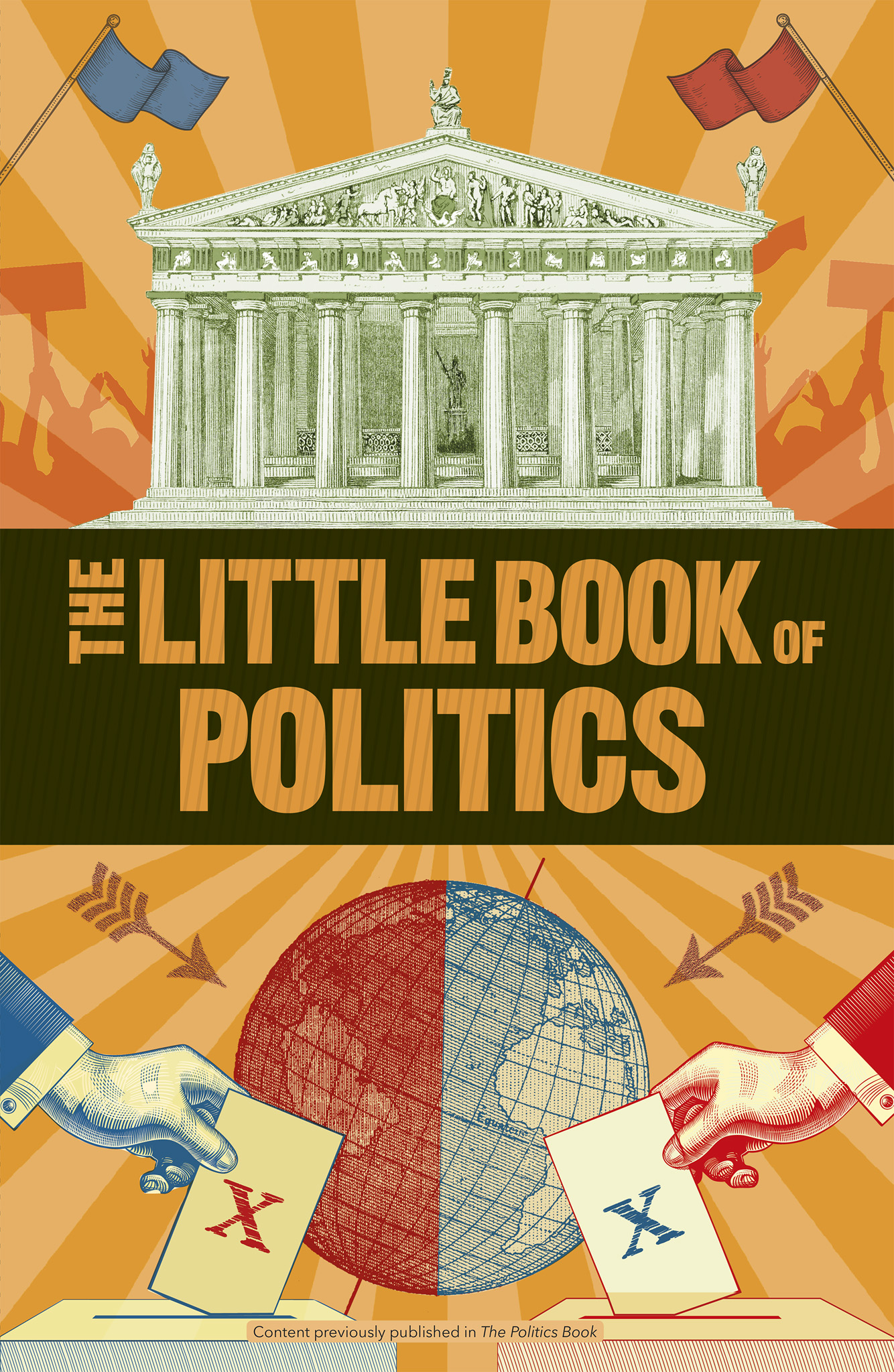

Preferred application settings
For the best reading experience, the following application settings are recommended:
- Color theme: White background
- Font size: At the smallest point size
- Orientation: Landscape(for screen sizes over 9/23cm), Portrait(for screen sizes below 9/23cm)
- Scrolling view: [OFF]
- Text alignment: Auto-justification [OFF](if the eBook reader has this feature)
- Auto-hyphenation: [OFF](if the eBook reader has this feature)
- Font style: Publisher default setting [ON](if the eBook reader has this feature)
- Images: Double tapon the images to see them in full screen and be able to zoom in on them
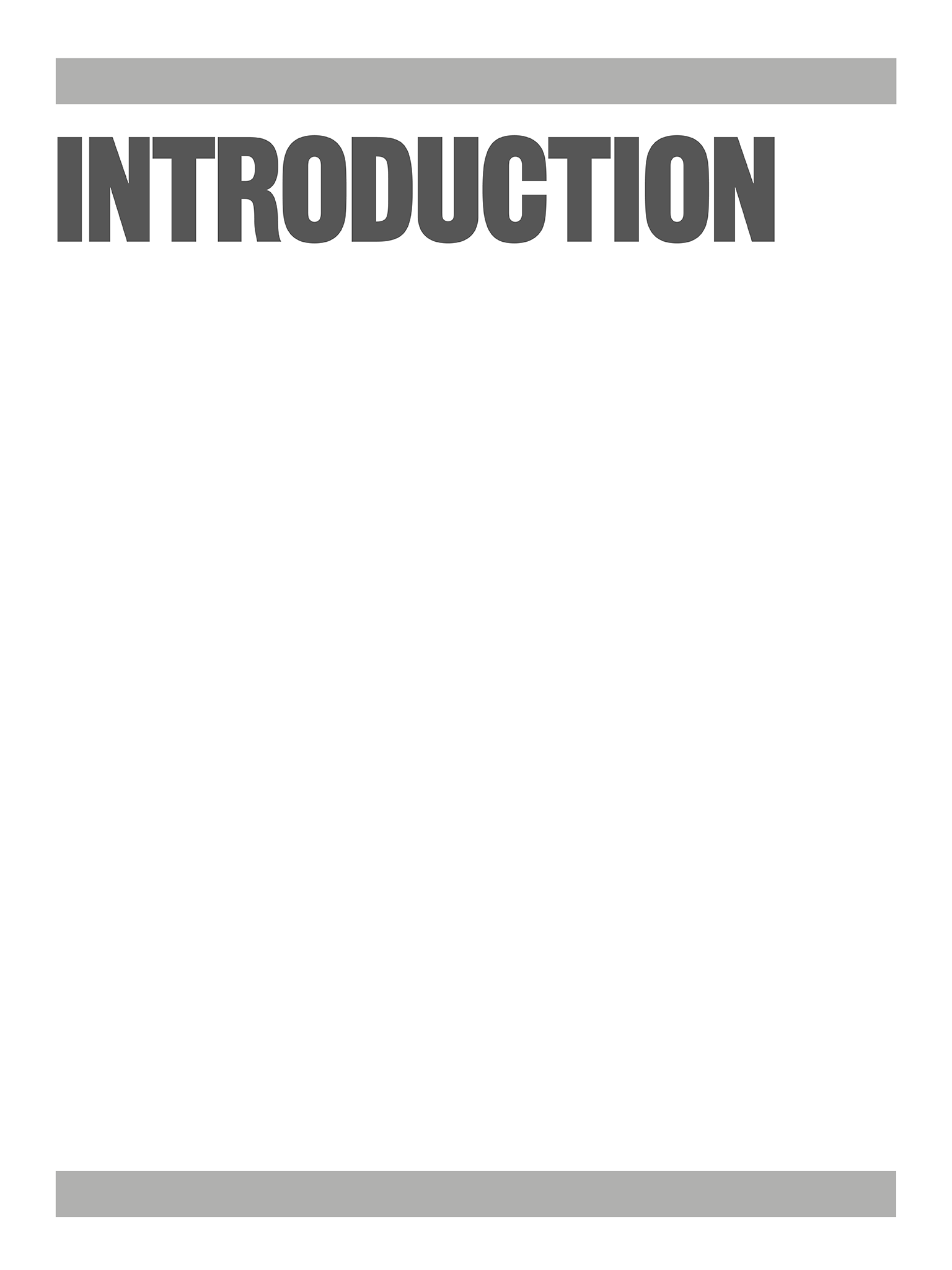

If everyone could have everything they wanted whenever they wanted, there would be no such thing as politics. Whatever the precise meaning of the complex activity known as politics might beand, as this book illustrates, it has been understood in many different waysit is clear that human experience never provides us with everything we want. Instead, we have to compete, struggle, compromise, and sometimes fight for things. In doing so, we develop a language to explain and justify our claims and to challenge, contradict, or answer the claims of others. This might be a language of interests, whether of individuals or groups, or it might be a language of values, such as rights and liberties or fair shares and justice. But central to the activity of politics, from its very beginnings, is the development of political ideas and concepts. These ideas help us make our claims and defend our interests.
But this picture of politics and the place of political ideas is not the whole story. It suggests that politics can be reduced to the question of who gets what, where, when, and how. Political life is undoubtedly in part a necessary response to the challenges of everyday life and the recognition that collective action is often better than individual action. But another tradition of political thinking is associated with the ancient Greek thinker Aristotle, who said that politics was not merely about the struggle to meet material needs in conditions of scarcity. Once complex societies emerge, different questions arise. Who should rule? What powers should political rulers have, and how do the claims to legitimacy of political rulers compare to other sources of authority, such as that of the family, or the claims of religious authority?
Aristotle said that it is natural for man to live politically, and this is not simply the observation that man is better off in a complex society than abandoned and isolated. It is also the claim that there is something fittingly human about having views on how matters of public concern should be decided. Politics is a noble activity in which men decide the rules they will live by and the goals they will collectively pursue.
Aristotle did not think that all human beings should be allowed to engage in political activity; in his system, women, slaves, and foreigners were explicitly excluded from the right to rule themselves and others. Nevertheless, his basic idea that politics is a unique collective activity that is directed at certain common goals and ends still resonates today. But which ends? Many thinkers and political figures since the ancient world have developed different ideas about the goals that politics can or should achieve. This approach is known as political moralism.
For moralists, political life is a branch of ethicsor moral philosophyso it is unsurprising that there are many philosophers in the group of moralistic political thinkers. Political moralists argue that politics should be directed toward achieving substantial goals or that political arrangements should be organized to protect certain things. Among these things are political values such as justice, equality, liberty, happiness, fraternity, or national self-determination. At its most radical, moralism produces descriptions of ideal political societies known as Utopias, named after English statesman and philosopher Thomas Mores book Utopia, published in 1516, which imagined an ideal nation. Utopian political thinking dates back to the ancient Greek philosopher Platos book the Republic, but it is still used by modern thinkers such as Robert Nozick to explore ideas. Some theorists consider Utopian political thinking to be a dangerous undertaking, since it has led in the past to justifications of totalitarian violence. However, at its best, Utopian thinking is part of a process of striving toward a better society, and many of the thinkers discussed in this book use it to suggest values to be pursued or protected.
Another major tradition of political thinking rejects the idea that politics exists to deliver a moral or ethical value such as happiness or freedom. Instead, they argue that politics is about power. Power is the means by which ends are achieved, enemies are defeated, and compromises sustained. Without the ability to gain and exercise power, valueshowever noble they may beare useless.
The group of thinkers who focus on power as opposed to morality are described as realists. Realists focus their attention on power, conflict, and war, and are often cynical about human motivations. Perhaps the two greatest theorists of power were Italian Niccol Machiavelli and Englishman Thomas Hobbes, both of whom lived through periods of civil war and disorder, in the 16th and 17th centuries respectively. Machiavellis view of human nature emphasizes that men are ungrateful liars and neither noble nor virtuous. He warns of the dangers of political motives that go beyond concerns with the exercise of power. For Hobbes, the lawless state of nature is one of a war of all men against each other. Through a social contract with his subjects, a sovereign exercises absolute power to save society from this brutish state. But the concern with power is not unique to early modern Europe. Much 20th-century political thought is concerned with the sources and exercise of power.
Realism and moralism are grand political visions that try to make sense of the entire political experience and its relationship with other features of the human condition. Yet not all political thinkers have taken such a wide perspective on events. Alongside the political philosophers, there is an equally ancient tradition that is pragmatic and concerned merely with delivering the best possible outcomes. The problems of war and conflict may never be eradicated, and arguments about the relationship between political values such as freedom and equality may also never be resolved, but perhaps we can make progress in constitutional design and policy making or in ensuring that government officials are as able as possible. Some of the earliest thinking about politics, such as that of Chinese philosopher Confucius, is associated with the skills and virtues of the wise counselor.
Font size:
Interval:
Bookmark:
Similar books «The Little Book of Politics»
Look at similar books to The Little Book of Politics. We have selected literature similar in name and meaning in the hope of providing readers with more options to find new, interesting, not yet read works.
Discussion, reviews of the book The Little Book of Politics and just readers' own opinions. Leave your comments, write what you think about the work, its meaning or the main characters. Specify what exactly you liked and what you didn't like, and why you think so.

